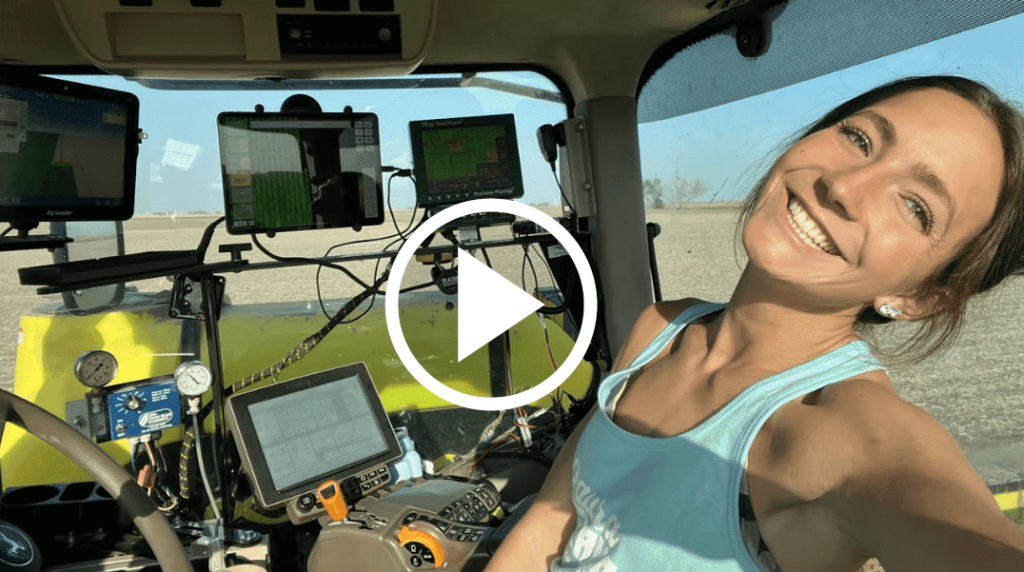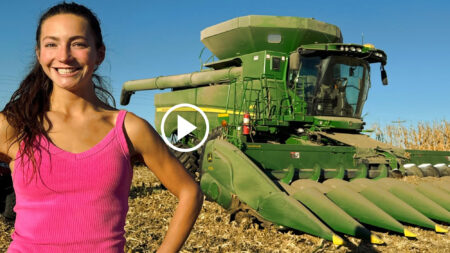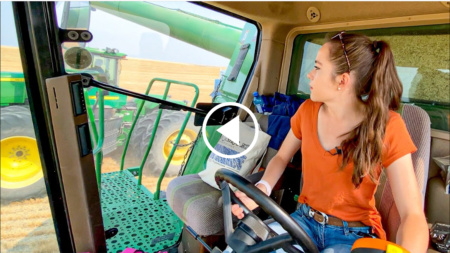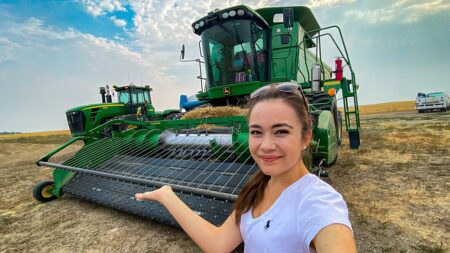The John Deere Autonomous Tractor: A Farming Revolution on the Horizon
Since its inception in 1837, John Deere has established itself as a global leader in agricultural equipment. Over the decades, the company has consistently innovated to meet the evolving needs of farmers. Today, with the development of the John Deere autonomous tractor, the brand is taking a significant step towards precision agriculture and automation. This article delves into the features, benefits, challenges, and implications of the John Deere autonomous tractor.
The Evolution of Agricultural Technology
Agriculture has always been at the forefront of technological advancement. From the invention of the plow to the advent of mechanized farming, each leap in technology has significantly increased productivity and efficiency. The John Deere autonomous tractor represents the latest evolution in this continuum, promising to transform the way farming is conducted.
Features of the John Deere Autonomous Tractor
The John Deere autonomous tractor is equipped with cutting-edge technology designed to optimize farming operations. Key features include:
- Advanced GPS and Sensors: The tractor uses state-of-the-art GPS systems and a suite of sensors to navigate fields with pinpoint accuracy. These systems allow the tractor to perform tasks such as plowing, planting, and harvesting with minimal human intervention.
- Machine Learning and AI: The integration of machine learning and artificial intelligence enables the tractor to adapt to varying field conditions, optimize routes, and improve efficiency over time. The AI algorithms continuously analyze data to enhance performance and productivity.
- Remote Monitoring and Control: Farmers can monitor and control the autonomous tractor remotely using a smartphone or computer. This feature provides real-time updates on the tractor’s status, field conditions, and task progress, allowing for quick adjustments and decision-making.
- Enhanced Safety Features: Safety is a paramount concern in the development of autonomous machinery. The John Deere autonomous tractor is equipped with multiple safety mechanisms, including obstacle detection and automatic shutdown systems, to prevent accidents and ensure safe operation.
Benefits of the John Deere Autonomous Tractor
The introduction of the John Deere autonomous tractor offers numerous benefits to the agricultural sector:
- Increased Efficiency: Autonomous tractors can operate 24/7 without fatigue, significantly increasing the efficiency of farming operations. This capability is particularly valuable during critical periods such as planting and harvesting.
- Labor Savings: With a growing shortage of skilled labor in agriculture, the autonomous tractor reduces the dependency on human labor. This shift allows farmers to allocate resources more effectively and focus on other essential tasks.
- Precision Agriculture: The accuracy of autonomous tractors enhances precision farming techniques, leading to better crop management and higher yields. Precise application of seeds, fertilizers, and pesticides minimizes waste and reduces environmental impact.
- Cost Reduction: Although the initial investment in autonomous tractors may be high, the long-term savings in labor, fuel, and maintenance costs can be substantial. The increased efficiency and productivity also contribute to higher profitability.
Challenges and Considerations
Despite its promising potential, the deployment of the John Deere autonomous tractor is not without challenges:
- Initial Investment: The cost of purchasing and integrating autonomous tractors into existing farming operations can be prohibitive for some farmers. Financial incentives and support may be necessary to facilitate widespread adoption.
- Technical Issues: As with any advanced technology, autonomous tractors may encounter technical issues and require regular maintenance. Ensuring reliable performance and minimizing downtime will be crucial for their success.
- Regulatory Hurdles: The use of autonomous vehicles in agriculture is subject to regulatory scrutiny. Establishing clear guidelines and standards for their safe and effective operation is essential to gaining public and governmental acceptance.
- Data Security: The reliance on data and connectivity raises concerns about data security and privacy. Protecting sensitive information and ensuring the secure transmission of data are critical aspects that need to be addressed.
The Future of Farming with John Deere Autonomous Tractors
The John Deere autonomous represents a significant leap forward in the quest for sustainable and efficient farming practices. As technology continues to advance, the capabilities of autonomous tractors will likely expand, offering even greater benefits to farmers worldwide.
The future of farming is poised to be shaped by innovations such as the John Deere tractor. By embracing these advancements, the agricultural industry can address current challenges and pave the way for a more productive and sustainable future.
Conclusion
The John Deere autono mous tractor is more than just a technological marvel; it is a testament to the ongoing evolution of agriculture. With its advanced features, numerous benefits, and potential to revolutionize farming practices, this autonomous tractor is set to become a cornerstone of modern agriculture. As the industry continues to adapt and innovate, the John Deere autonomous tractor will undoubtedly play a pivotal role in shaping the future of farming.

![Farmers Only Dating Review [2024 Cost, Features & How It Works!] Farmers Only Dating Review](https://www.women-farmers.com/wp-content/uploads/2024/07/Farmers-Only-Dating-Review-2-300x207.webp)











